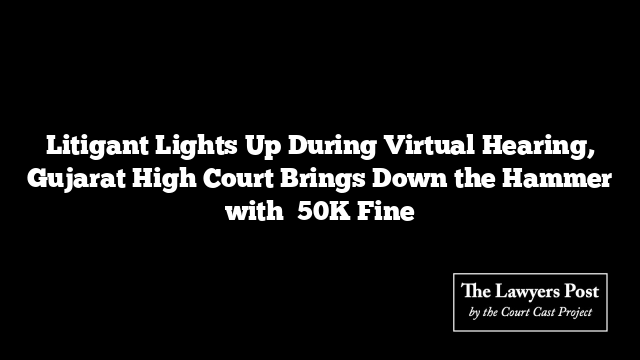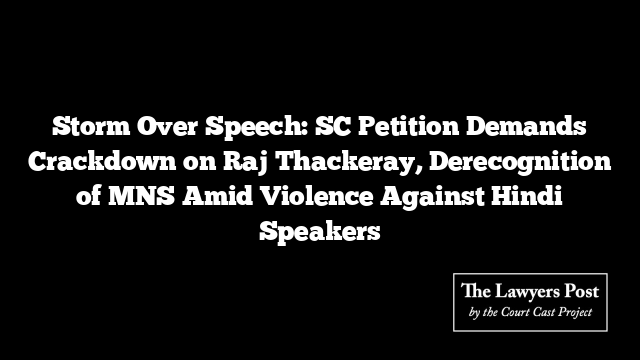In a rare moment of judicial candor, Supreme Court judge Ujjal Bhuyan has thrown a spotlight on a troubling feature of India’s fight against money laundering—lengthy jail terms for people who ultimately walk free.
Speaking in Mumbai, Justice Bhuyan underscored an uncomfortable truth: in PMLA cases, where only a handful of convictions have emerged from a flood of arrests, the “process” itself has started to look like a punishment.
He cited a surge in cases—from just over 200 in 2014 to more than 5,200 by 2024—but with only 40 convictions to show for it by the end of 2023. That’s not a trend. That’s a warning flare.
“What happens to those who spend years in jail only to be acquitted?” he asked. In his view, it’s time courts begin thinking about compensation for the wrongly jailed—especially in cases where the legal machinery creaks along so slowly that liberty becomes collateral damage.
Justice Bhuyan’s remarks came at the release of Treatise on PMLA: Law and Practice in Mumbai’s World Trade Centre, a gathering attended by Bombay High Court judges, legal professionals, and students of the law.
While careful to confine his observations to settled law and statutory interpretation, he didn’t hold back on one critical point: arrests under Section 19 of the PMLA require more than bureaucratic box-checking.
Quoting the Supreme Court’s recent ruling in Arvind Kejriwal v. Directorate of Enforcement, he stressed the need for ED officers to write down and communicate why someone is being arrested. Not vague notions of suspicion—actual grounds that stand up to legal scrutiny.
He clarified the distinction: “Reasons to arrest” are official justifications; “grounds of arrest” are personal, factual details that directly relate to the accused. And those must be shown.
He also cited the Senthil Balaji case, where the Supreme Court came down hard on the use of strict bail provisions as a substitute for fair and timely trials. “Judicial review,” he said, “is not optional. It’s essential.”
Justice Bhuyan is part of the Bench currently handling challenges to the PMLA’s provisions. His message wasn’t just for the enforcement agencies—it was for the judiciary itself: don’t let Section 45 become a blunt instrument. Don’t let delay become a verdict.
The law around PMLA, he reminded the audience, is still being shaped. But one thing is already clear: when the scales of justice tip too far toward punishment without proof, it’s the law itself that ends up on trial.





